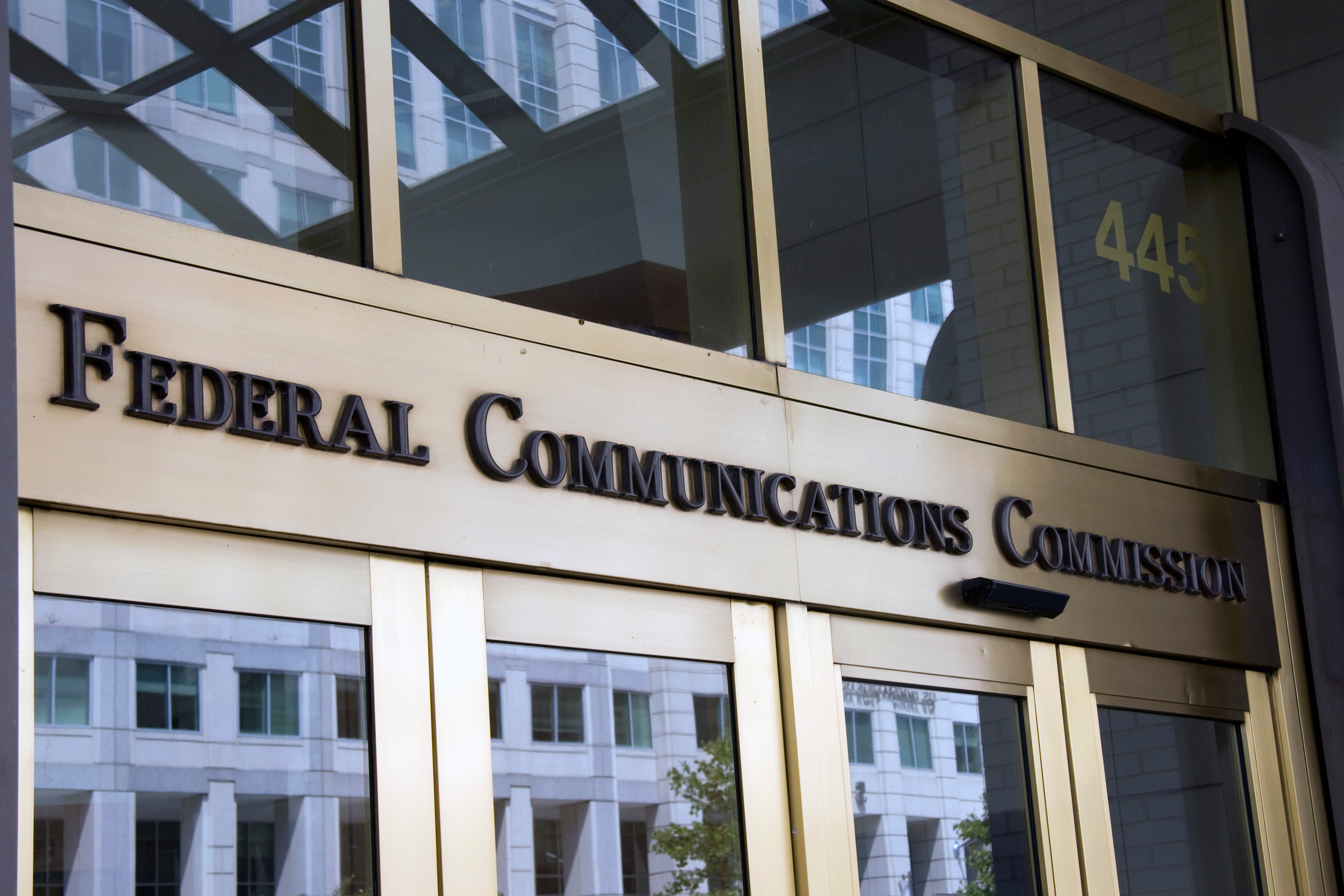Cable: Streaming Ops Are Comparable Competitors

The smarter way to stay on top of the multichannel video marketplace. Sign up below.
You are now subscribed
Your newsletter sign-up was successful
WASHINGTON — Cable operators are looking to head off a potential re-regulation of basic cable rates under the Federal Communications Commission’s effective competition standard.
Big cable operator Charter Communications has the backing of the American Cable Association, representing small and midsized independent cable operators, for its petition for an FCC declaration of effective competition in a handful of systems in Massachusetts and Hawaii, the only two states where basic rate regulation has not gone away.
Historically, cable providers have cited the ubiquity of satellite services, including DirecTV, as justification for removing rate regulations, and they could here as well. In this test case of sorts, though, Charter and the ACA members are basing that competition call on the availability of that company’s over-the-top programming service, DirecTV Now.
Cable operators are looking to establish the precedent now as cord-cutting continues to cut into subscriber counts for traditional competitors and as over-the-top becomes the video delivery system of choice for former satellite customers.
Keeping Up With the Tech
The definition of a comparable video provider must change as technology does, argues Charter, the second-largest U.S. MSO. It contends that opponents of its petition — chiefly local franchise authorities in Massachusetts and Hawaii — are advancing a too-restrictive, “facilities-based” definition of video service and of “channels.”
The FCC so far has left the definitional issue open by punting on deciding whether OTT providers should be classified as multichannel video programming distributors.
The smarter way to stay on top of the multichannel video marketplace. Sign up below.
Cable companies fear that if the subscriber counts for DirecTV (or Dish Network) go south, local franchise authorities could cite that as a reason they were no longer subject to effective competition and reinstate basic rate regulations.
A finding of effective competition lifts basic-cable price regulation, which has now been eliminated in all but that handful of systems.
The ACA said given that the DirecTV Now video service is an affiliate of a local-exchange carrier, DirecTV parent AT&T, and provides video service directly to subscribers in the relevant franchise areas, it meets the test for competition. But it wants the FCC to make that clear now.
“DirecTV Now is a substitute for traditional pay TV services,” ACA said, because it clearly meets the FCC’s definition of a “comparable” video programming service. In addition, the cable operators said, “it has clearly positioned itself in the market as a substitute for cable and DBS, using ad campaigns that specifically encourage viewers to reject traditional pay TV service and replace it with DirecTV Now.”
The ball is now in the FCC’s court, and a decision either way could have a big impact on cable’s bottom line.
This Is Only a Test
The FCC’s test for whether or not a local exchange carrier (LEC) qualifies as a competing video provider is as follows:
“[A] local-exchange carrier or its affiliate (or any multichannel video programming distributor using the facilities of such carrier or its affiliate) [that] offers video programming services directly to subscribers by any means (other than direct-to-home satellite services) in the franchise area of an unaffiliated cable operator which is providing cable service in that franchise area, but only if the video programming services so offered in that area are comparable to the video programming services provided by the unaffiliated cable operator in that area.”
Contributing editor John Eggerton has been an editor and/or writer on media regulation, legislation and policy for over four decades, including covering the FCC, FTC, Congress, the major media trade associations, and the federal courts. In addition to Multichannel News and Broadcasting + Cable, his work has appeared in Radio World, TV Technology, TV Fax, This Week in Consumer Electronics, Variety and the Encyclopedia Britannica.

